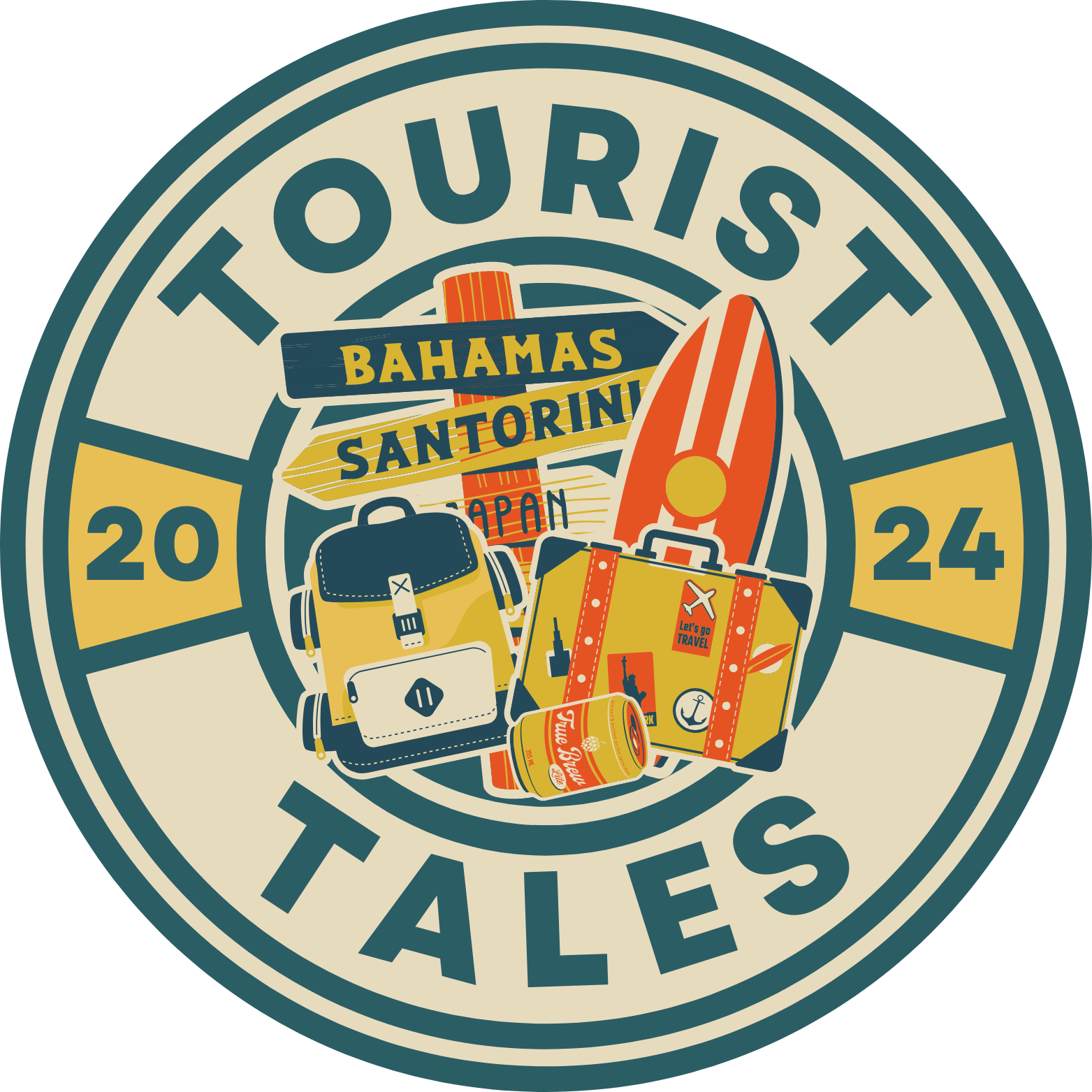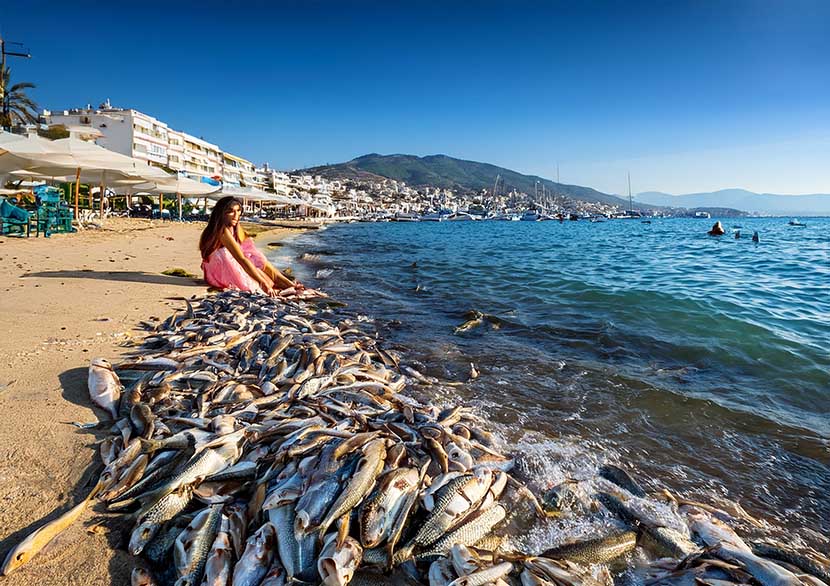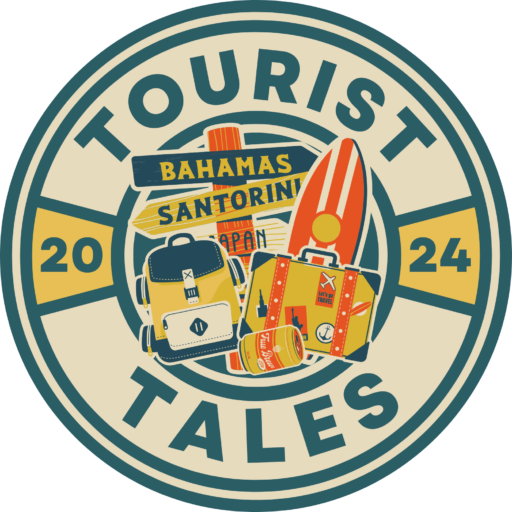The usually picturesque port city of Volos, Greece, is amid an environmental and economic crisis as hundreds of thousands of dead fish have washed into its harbor.
The grisly scene, likely caused by severe flooding last year, has turned off tourists and severely affected the local economy. This unprecedented event has disrupted the city’s bustling summer season and raised serious concerns about long-term ecological damage and the impact of climate change on coastal communities.
The Origins of the Crisis
The crisis in Volos serves as a stark reminder of the fragile balance between nature and human activities, highlighting the urgent need for environmental stewardship.
Severe Flooding of 2023

To understand the current crisis, we must look back at the catastrophic flooding that struck Volos and the surrounding region in 2023. The floods, caused by unusually heavy rainfall, were some of the worst in recent memory.
They inundated vast areas of land, damaged infrastructure, and displaced thousands of residents. At the time, the focus was on immediate rescue efforts and damage control. However, this disaster’s long-term consequences are becoming apparent in the most unexpected and alarming way.
Freshwater Fish Forced into Saltwater
Authorities believe that the fish, which are typically found in freshwater habitats, were displaced by the 2023 flooding. The influx of floodwater pushed the fish into the saline waters of the Pagasetic Gulf, where they could not survive.
“The fish were not adapted to the saltwater environment,” explained Dimitris Papanastasiou, a marine biologist at the University of Thessaly. “They essentially suffocated due to the change in water chemistry and salinity levels.”
This mass death of freshwater fish highlights the delicate balance of aquatic ecosystems and how easily extreme weather events can disrupt them. The flooding effectively created an ecological trap, forcing the fish into an environment where they could not survive.
The Current Situation
The sight and smell of the rotting fish have been overwhelming for residents and visitors alike. “The stench has been unbearable,” stated Dimitris Soulgaridis, owner of the popular restaurant Lepi, in an interview with NBC News. “It’s like a wall of death and decay that hits you as soon as you step outside.”
Authorities have been working around the clock to collect and dispose of the dead fish, with over 40 metric tons removed in just one day. The cleanup effort has been a massive undertaking, requiring the coordination of multiple government agencies and the deployment of specialized equipment.
Challenges in Disposal
The sheer volume of dead fish has presented significant disposal challenges. Local landfills are struggling to cope with the influx of organic waste, and there are concerns about potential groundwater contamination if not handled properly. Environmental agencies are exploring alternative disposal methods, including using the fish as fertilizer for non-food crops or processing them for industrial uses.
Health Concerns
The decomposing fish pose an aesthetic problem and potential health risks. Local health officials have warned residents and tourists about the possibility of airborne bacteria and the risk of skin irritations or respiratory issues from prolonged exposure to the contaminated air.
Dr. Elena Mavromatis, a public health expert from the Thessaly Regional Health Department, advised, “We’re recommending that people, especially those with respiratory conditions or weakened immune systems, limit their time outdoors and wear masks when near affected areas. It’s also crucial to avoid any contact with the water in the harbor until further notice.”
Economic Impact

The influx of dead fish has devastated the local tourism industry, which is a crucial part of Volos’ economy. “With the odor being so intense, who would want to come here and enjoy fish?” remarked Soulgaridis, noting that this week has been the worst he can recall during the peak summer season.
Hotels and restaurants have reported a significant booking drop, with many visitors opting to change their travel plans altogether. The timing couldn’t be worse, as the summer typically represents the most lucrative period for local businesses.
Tourism Statistics
According to the Volos Tourism Board, hotel occupancy rates have plummeted by 60% compared to last year. Restaurants and cafes along the waterfront, usually teeming with tourists, report up to 75% revenue losses.
Maria Papadopoulou, president of the Volos Hotel Association, stated, “We’ve never seen anything like this. Even during the height of the COVID-19 pandemic, we didn’t experience such a sudden and dramatic drop in visitors. Many hotels are considering closing temporarily as the cost of staying open outweighs the revenue from our few guests.”
Impact on the Fishing Industry
While tourism has been hit hard, the local fishing industry is also reeling from the crisis. The contamination of the harbor waters has led to a temporary ban on fishing in the area, leaving many fishermen without a source of income.
Kostas Nikolaou, a third-generation fisherman, expressed his concerns: “This is our livelihood. We don’t know how long this ban will last or if people will trust fish from our waters even after the current crisis. Many of us are considering leaving the profession altogether.”
Long-Term Ecological Concerns
In addition to the immediate economic impact, officials are also concerned about the long-term ecological consequences of the fish kill. The decaying fish could harm the local ecosystem, potentially harming other species that rely on the same waters.
“The decomposition of such a large number of fish releases toxins and depletes oxygen levels in the water,” explained Papanastasiou. “This can lead to the suffocation of other marine life and the disruption of the delicate balance of the ecosystem.”
Potential for Algal Blooms
One of the major concerns is the potential for harmful algal blooms. The nutrients released by the decomposing fish could fuel the explosive growth of algae, which in turn can lead to further oxygen depletion and the release of toxins harmful to both marine life and humans.
Dr. Sofia Antoniadou, an ecologist specializing in coastal ecosystems, warned, “We’re closely monitoring the water quality for signs of algal growth. If left unchecked, these blooms could extend the ecological impact of this event far beyond the immediate crisis.”
Impact on Marine Biodiversity
The Pagasetic Gulf is known for its rich marine biodiversity, including several species of fish, mollusks, and crustaceans that are ecologically and economically important. There are concerns that the current crisis could have long-lasting effects on these populations.
“We’re particularly worried about bottom-dwelling species and shellfish, which cannot escape the contaminated waters,” said Dr. Antoniadou. “It could take years for some of these populations to recover if they recover at all.”
Climate Change and Extreme Weather

This incident is yet another example of the severe weather events that have been impacting Greece in recent years. Researchers attribute these occurrences to the climate crisis, which is driving more unpredictable and extreme weather patterns.
“The flooding that occurred last year was unprecedented in its intensity and duration,” said Eleni Myrivili, the Deputy Mayor of Volos for Climate Change Adaptation and Resilience. “It’s a clear sign that we need to take action to mitigate the effects of climate change and prepare for future disasters.”
Increasing Frequency of Extreme Events
Climate scientists have warned for years about the increasing frequency and intensity of extreme weather events due to global warming. The Mediterranean region, including Greece, is particularly vulnerable to these changes.
Dr. Nikolaos Papadopoulos, a climatologist at the National Observatory of Athens, explained, “What we’re seeing in Volos is unfortunately not an isolated incident. Our data shows a clear trend towards more frequent and severe weather events across Greece. This includes not just flooding, but also heatwaves, droughts, and intense storms.”
Need for Adaptation Strategies
The crisis in Volos has underscored the urgent need for coastal cities to develop and implement climate adaptation strategies. This includes improving flood management systems, updating urban planning regulations, and investing in resilient infrastructure.
Myrivili emphasized, “We can no longer rely on historical data to predict and prepare for environmental challenges. We need to be proactive in our approach, considering worst-case scenarios and developing flexible response strategies.”
Cultural Tourism Initiatives
The city is fast-tracking several cultural tourism initiatives that were already in the planning stages. These include:
- A new museum dedicated to the myth of Jason and the Argonauts, for which Volos is the legendary starting point
- Guided tours of ancient Dimitrias, an important archaeological site just outside the city
- A food and wine festival celebrating the local cuisine and products of the Pelion region
Another approach is to diversify the local economy by attracting new industries and businesses to the area. “We are working to create a more business-friendly environment and to highlight the advantages of investing in Volos,” said Beos.
“Our city offers a high quality of life, a skilled workforce, and excellent transportation links to the rest of Greece and Europe.”
Collaboration with the Greek Government
Local authorities are seeking assistance from the Greek government to support these efforts. “We have been in close contact with the national government and have requested financial aid and other forms of support,” stated Beos.
We are confident that with their help, we can overcome this crisis and emerge stronger than ever.”
Emergency Funding
The Greek Ministry of Economy and Development has announced an emergency funding package of €50 million to assist Volos in its recovery efforts. This includes:
- €20 million for immediate cleanup and environmental remediation efforts
- €15 million in low-interest loans for affected businesses
- €10 million for infrastructure repairs and improvements
- €5 million for marketing and tourism promotion initiatives
Long-Term Support
In addition to the emergency funding, the national government has pledged long-term support for Volos’s economic diversification efforts. This includes:
- Tax incentives for businesses that establish operations in Volos
- Funding for vocational training programs to support the city’s workforce transition
- Support for research and development initiatives, particularly in environmental sciences and sustainable technologies
Conclusion
The flood of dead fish in Volos is a stark reminder of the interconnectedness of environmental and economic issues. As the city works to clean up the mess and mitigate the damage, it must address the crisis’s underlying causes, including climate change’s impact on extreme weather events.






25 Responses
After reading about the long-term ecological concerns, especially regarding algal blooms, I’m curious about what specific strategies are considered most promising for mitigating these impacts? Great article by the way, Alice.
Yeah, I was also super interested in this part. Hope someone has good insights.
Really enlightening read, Alice! The part about marine biodiversity has me worried but hopeful we can turn things around.
freshwater fish in the saltwater, huh? that’s gonna mess up the catch. need solutions stat.
Fascinating article. The section on cultural tourism initiatives highlights a unique approach. This could be a significant draw for eco-conscious travelers.
I’m not fully convinced by the argument on climate change’s role in this crisis. Sure, extreme weather is a problem, but there’s more to it, right? Could it be that our prevention measures are just not up to par?
how r we suposed to keep the fishing industry afloat with this? any suggestions, Alice?
Wonderful insight into the cultural tourism initiatives. It’s encouraging to see efforts in preserving the beauty and history of the region while facing environmental challenges. Kudos to Alice for highlighting this!
The climate change section nails it, but we need more emphasis on renewable energy and conservation efforts to make a real difference.
Absolutely agree, EcoMaven_82. It’s all about sustainable actions now.
at this point, fish gonna start walking on land with how crazy things are getting lol
This article perfectly captures the ecological narrative our world is facing. Great job, Alice, in weaving these complex issues into a compelling story.
It’s interesting to read about the impact on marine biodiversity. The transference of freshwater species into saltwater environments can have unforeseen consequences. Looking forward to more studies on this.
Interesting insights on how cultural tourism can play a role in recovery efforts.
never thought about how extreme weather affects what we eat. this article opened my eyes a bit.
The economic impact section was particularly enlightening. It sheds light on a pressing issue many might overlook.
We must consider the economic implications detailed here. Coordination with government bodies is crucial.
Exactly, Policy_Wonk43. Innovation in crisis management can foster sustainable development.
But how can we ensure the funding is used efficiently and transparently?
Regarding the challenges in disposal and the associated health concerns, are there any innovative solutions being considered to address these significant hurdles effectively?
Great question, Alex. Public health considerations are paramount, and finding sustainable solutions to waste disposal in crisis situations is crucial.
Love how this article sheds light on the need for adaptation. Nature and people, we all need to adjust.
okay but whats the real solution? feels like just talk and no action. we seen this before.
Imagine fish mixing up their GPS thanks to all this. Saltwater’s that-a-way, bro!
Reading about the collaborative efforts with the Greek government gives hope. It’s a step in the right direction for long-term support.